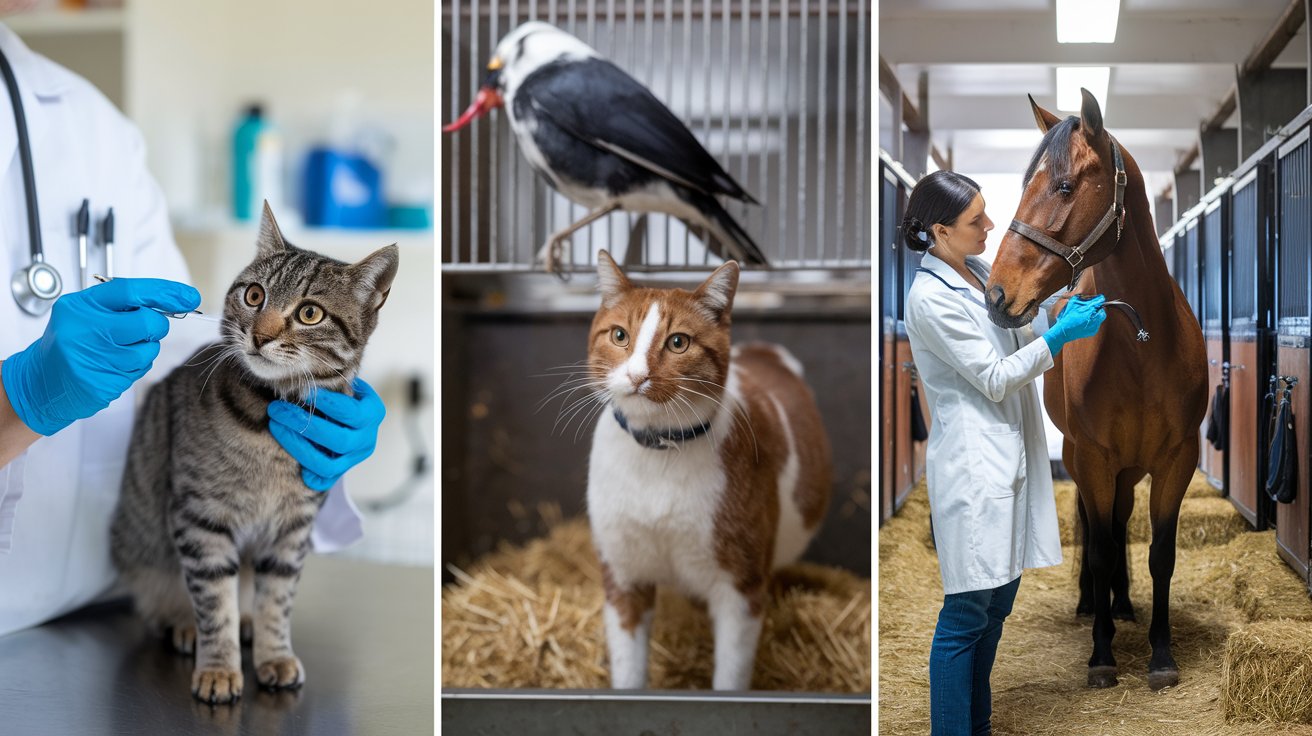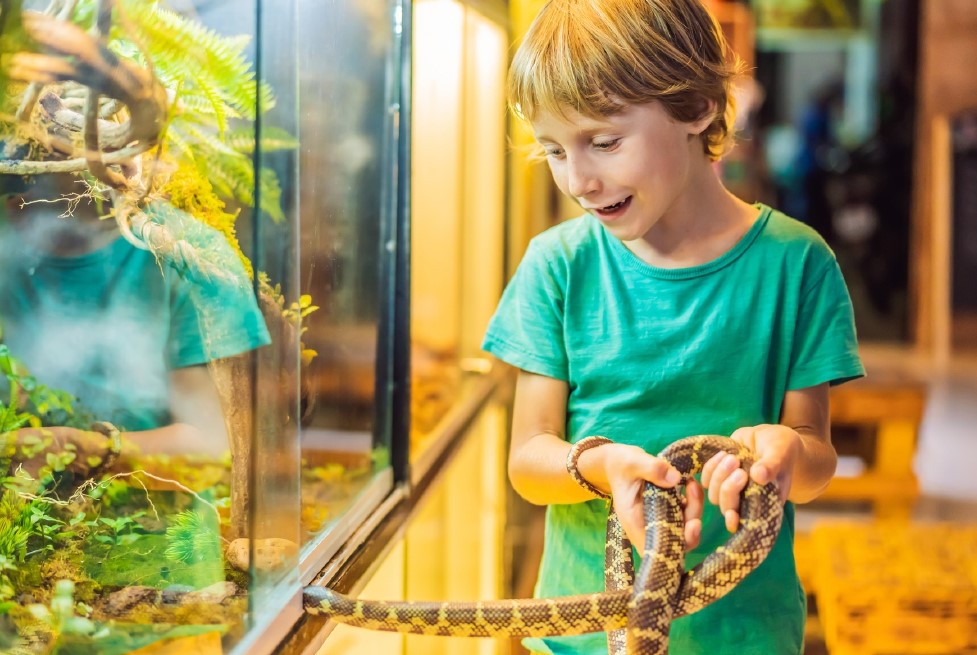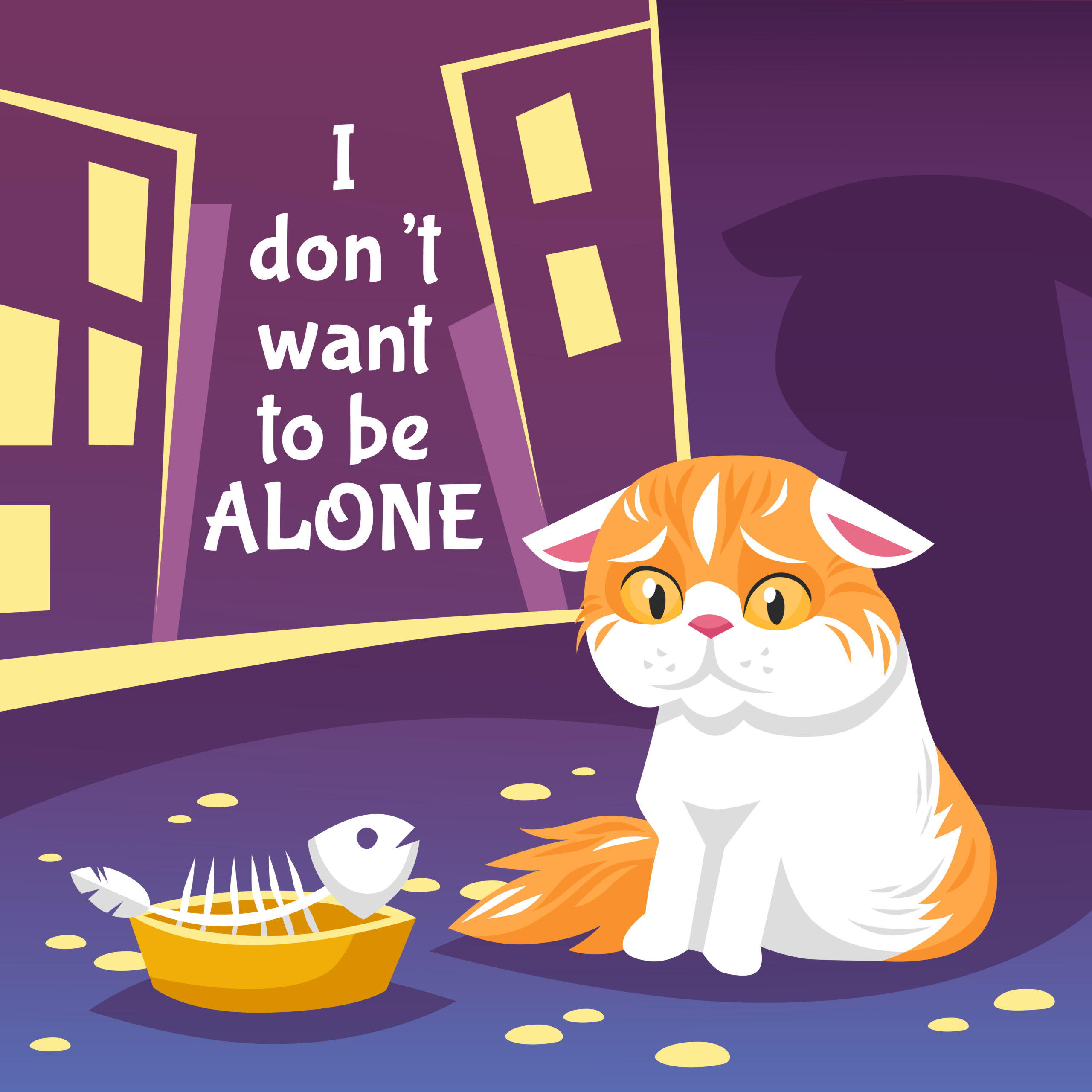Every pet owner knows the heart-wrenching feeling of leaving their beloved furball behind when heading out. That pit in your stomach, the mournful eyes staring at you as you grab your keys – it’s enough to break anyone’s heart. It’s called separation anxiety, and it’s more common than you might think. In this guide, we’ll explore this common pet issue and offer practical tips to help you and your furry friend overcome it.
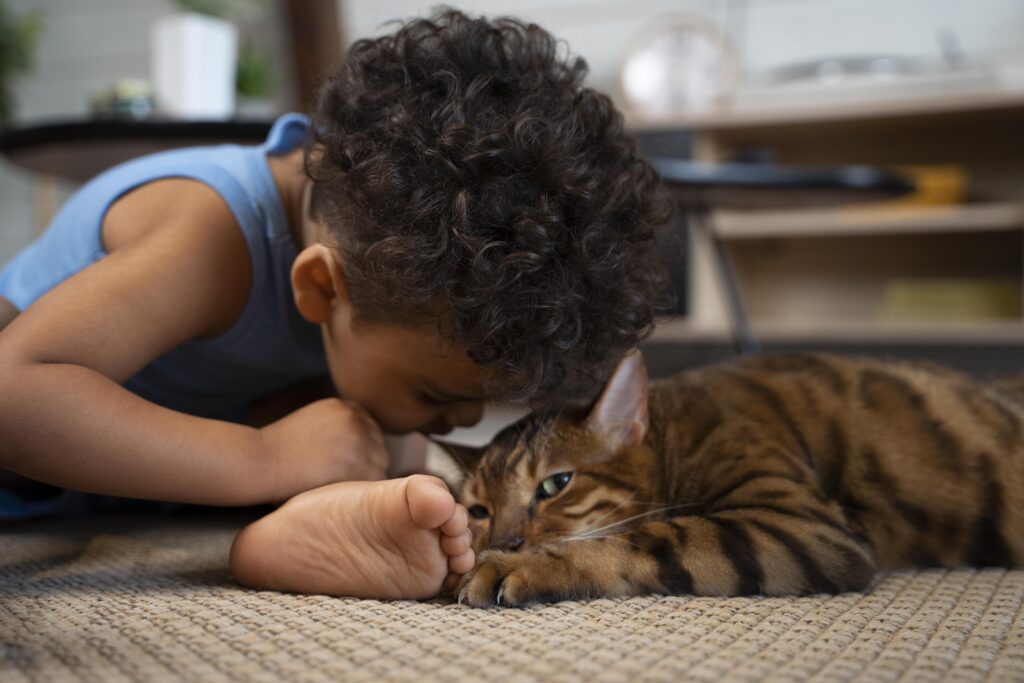
Understanding Separation Anxiety in Pets
Separation anxiety is not just a human emotion. Our four-legged companions can experience it too, often to a distressing degree. It’s essential to recognize the signs:
- Excessive Vocalization: Your pet may howl, bark, or meow incessantly when you leave.
- Destructive Behavior: Furry friends with separation anxiety may chew furniture, scratch doors, or dig at carpets.
- Inappropriate Elimination: Some pets may urinate or defecate indoors, even if they’re house-trained.
- Pacing and Restlessness: A pet with separation anxiety might be unable to relax and will pace around the house anxiously.
- Excessive Grooming: Cats, in particular, might excessively groom themselves when anxious.
Why Do Pets Suffer from Separation Anxiety?
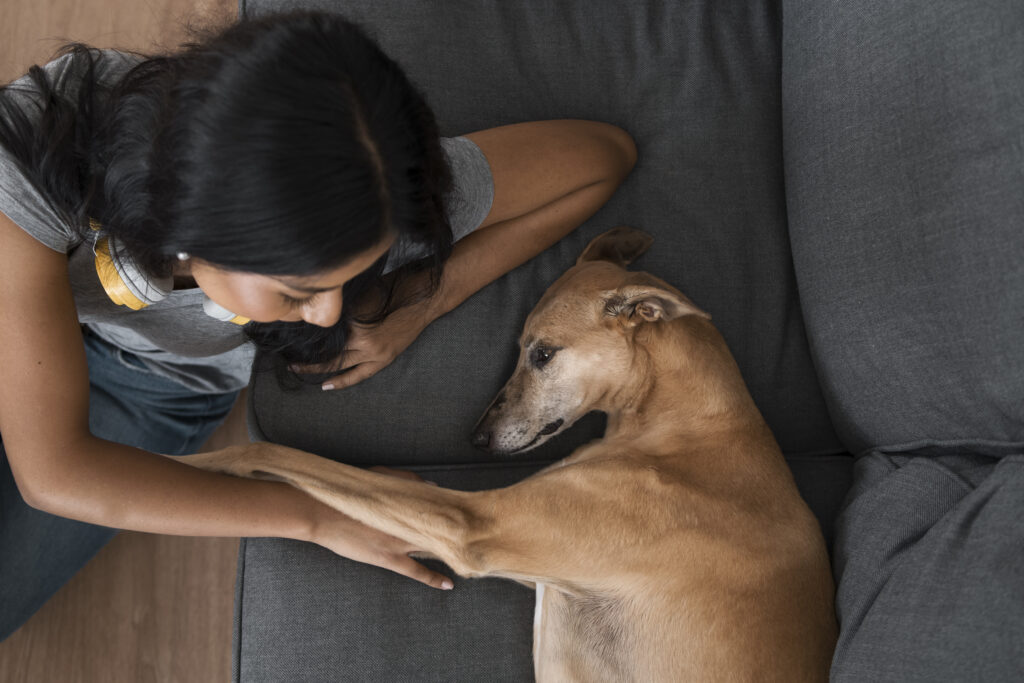
Understanding the root causes of separation anxiety can help in finding effective solutions. Here are some common reasons:
- Change in Routine: Just like humans, pets thrive on routine. Any sudden change, like your work hours shifting, can trigger anxiety.
- Past Trauma: Pets who have experienced abandonment or abuse in the past are more likely to suffer from separation anxiety.
- Overbonding: If your pet is excessively attached to you, they may struggle when you’re not around.
Practical Steps to Handle Separation Anxiety
Now that you know what to look for, let’s delve into some actionable tips for managing separation anxiety in your pets:
- Gradual Departures and Arrivals: Practice leaving and returning home in short intervals. This helps desensitize your pet to your departures and arrivals.
- Interactive Toys: Invest in toys that can keep your pet engaged while you’re away. Puzzle feeders or treat-dispensing toys are excellent options.
- Desensitization Training: Work with a professional trainer to desensitize your pet to triggers like grabbing your keys or putting on your shoes.
- Create a Safe Space: Designate a safe and comfortable area for your pet with their favorite toys and bedding. This becomes their haven when you’re not around.
- Medication and Supplements: In severe cases, consult your vet about medications or supplements that can help manage anxiety.
The Importance of Exercise
Regular exercise is not just essential for your pet’s physical health; it can also work wonders for their mental well-being. Long walks, fetch, or even a run at the dog park can tire them out, reducing anxiety.
Don’t Punish Your Pet
It’s crucial to remember that your pet’s actions when anxious are not intentional misbehavior. Yelling or punishing them will only worsen their anxiety. Instead, focus on positive reinforcement when they exhibit calm behavior.
Seek Professional Help
If your pet’s separation anxiety persists despite your efforts, it may be time to consult a professional animal behaviorist. They can provide a personalized plan to address your pet’s specific needs.
Real-Life Success Story
Meet Max, a lovable Golden Retriever who used to tear up his owner’s furniture whenever they left for work. After implementing the tips mentioned above, Max’s owner noticed a significant improvement. Interactive toys and gradual departures helped Max feel less anxious. Now, he spends his alone time happily solving puzzles and napping in his cozy corner.
Conclusion
Handling separation anxiety in pets can be a challenging journey, but with patience, love, and the right strategies, you can help your furry friend feel more secure when you’re not around. Remember, every pet is unique, so be prepared to adapt these tips to suit their individual needs. The most important thing is to provide a loving and supportive environment, ensuring that both you and your pet can enjoy a happier, anxiety-free life together. So, give your pet an extra belly rub today, and let them know that no matter what, you’ll always come back home to them.



